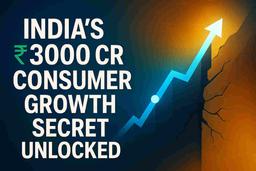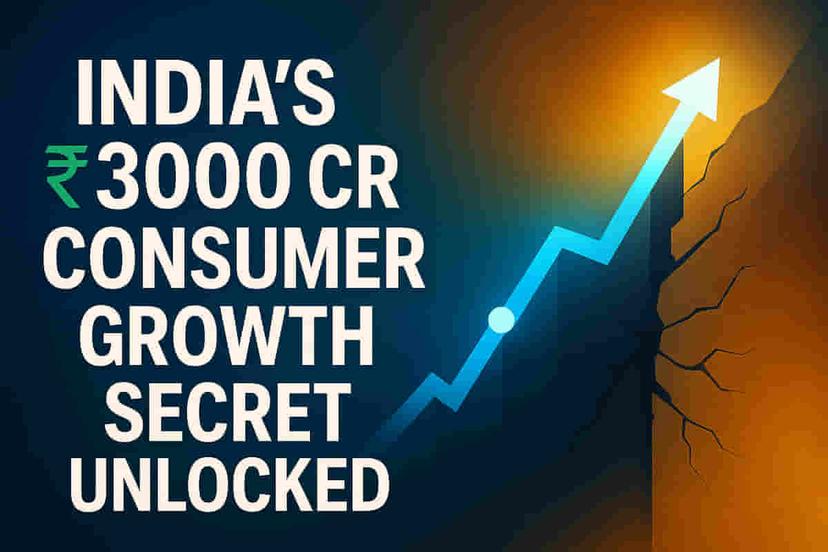Your CIBIL Score: The Shocking Truth About What Affects It (And What Doesn't!)
Personal Finance
|
Updated on 13 Nov 2025, 06:36 am
Reviewed By
Satyam Jha | Whalesbook News Team
Short Description:
Detailed Coverage:
In an interview with Mint, Bhushan Padkil, SVP and head-DTC business at TransUnion CIBIL, clarified common misconceptions about credit scores. The primary factors that significantly impact a credit score are consistently making late payments or defaulting on EMIs, maintaining high outstanding balances without reducing existing debt, and applying for numerous new credit products in a short period, which can signal over-borrowing. Conversely, checking your own CIBIL Score via official channels is a 'soft enquiry' and has no negative impact.
Impact of Late Payments: A single missed payment is viewed by lenders as irregular repayment behavior and negatively affects your credit score. It also incurs additional interest and fees. Rebuilding your score involves making regular, full payments on time.
Impact of Hard Enquiries: Each time a lender checks your credit for a new loan or card application, it's a 'hard enquiry'. A few spread out are normal, but too many in a short span can be a red flag. A strong, long credit history helps mitigate this effect.
Multiple Credit Products: The quantity of credit cards or loans is less important than how they are managed. A mix of secured and unsecured loans is beneficial, but high credit utilization and delayed payments are detrimental.
Phantom Loans: If an unknown loan appears on your report, dispute it immediately via the TransUnion CIBIL website or contact center. The process is free and usually resolved within 30 days.
Free Reports: Consumers are entitled to one free CIBIL Score and Report annually, with many fintech partners offering additional free score checks. Paid plans provide more frequent monitoring.
Impact: This information directly empowers Indian consumers to manage their credit better, influencing their access to loans, interest rates, and overall financial health. This can indirectly affect consumer spending and the broader economy. Rating: 7/10
IPO Sector

IPO Frenzy: ₹10,000 Crore Rush! Which of these 3 Hot IPOs Will Soar for Investors?
Consumer Products Sector

V-Mart Retail Stock SURGES on Motilal Oswal's BIG BUY Call! New Target Price REVEALED! 🚀

India's ₹3000 Cr Consumer Growth Hurdle: Unlock Success With These 6 Strategies!

Asian Paints Soars: Jefferies Declares 'The King is Back', Hikes Target 24% on Stellar Q2 Results!

Bikaji Foods Q2 Surge: Analysts Unveil 'Buy' Calls and Juicy Targets! Discover the Growth Secrets!

Cupid's Profit Skyrockets! Quarterly Results DOUBLE - What Investors Need to Know NOW!








